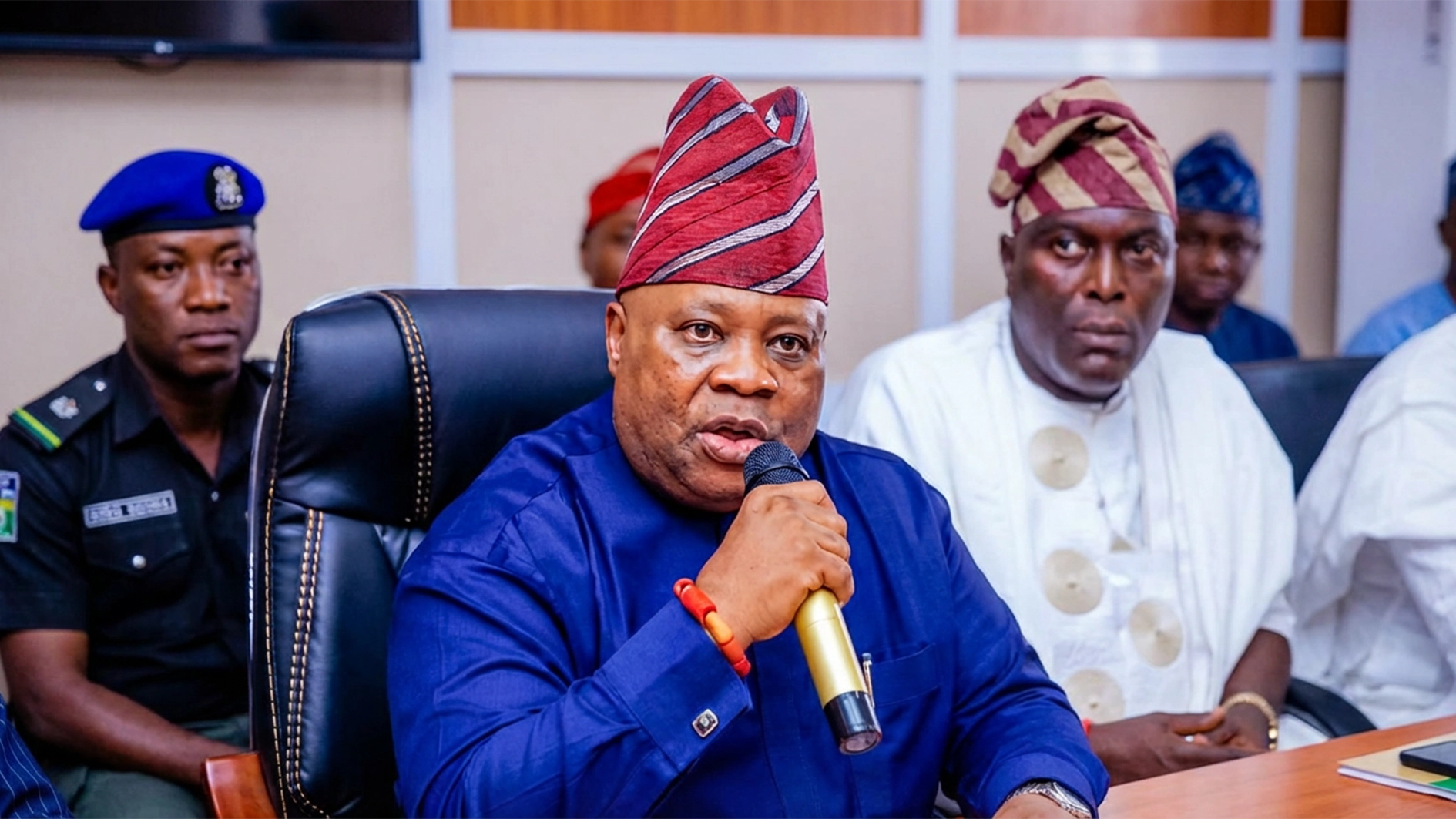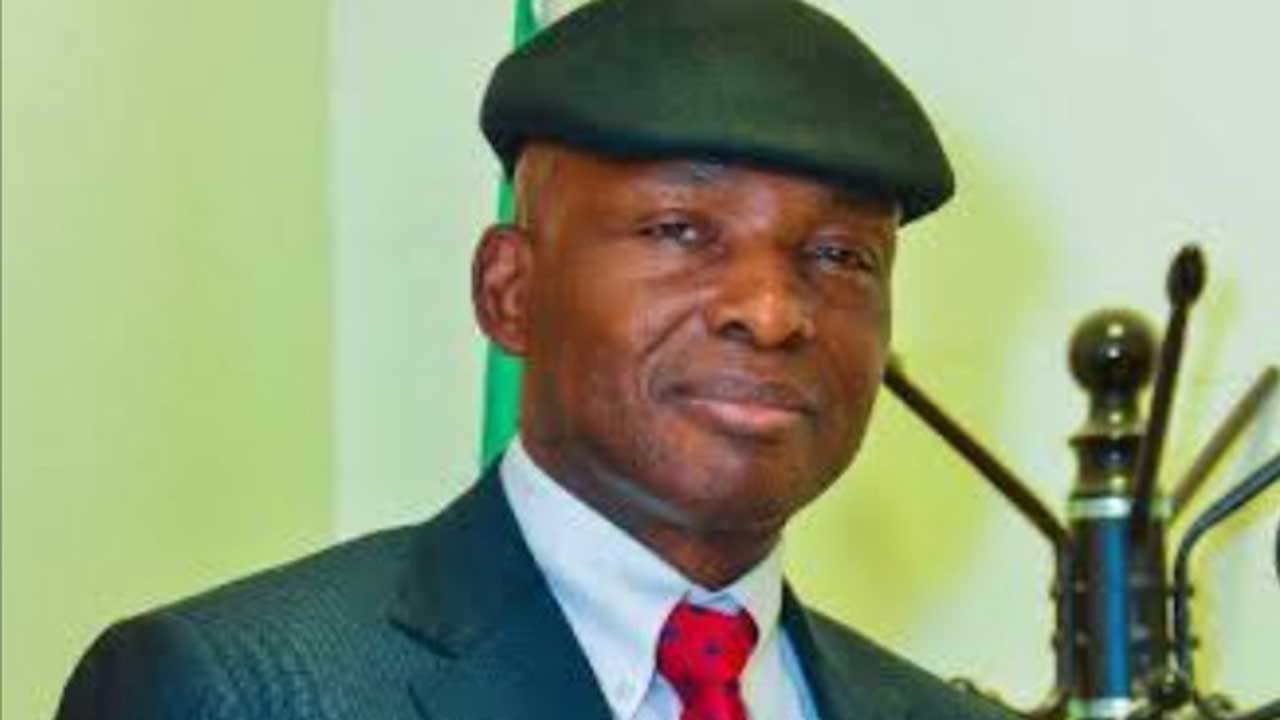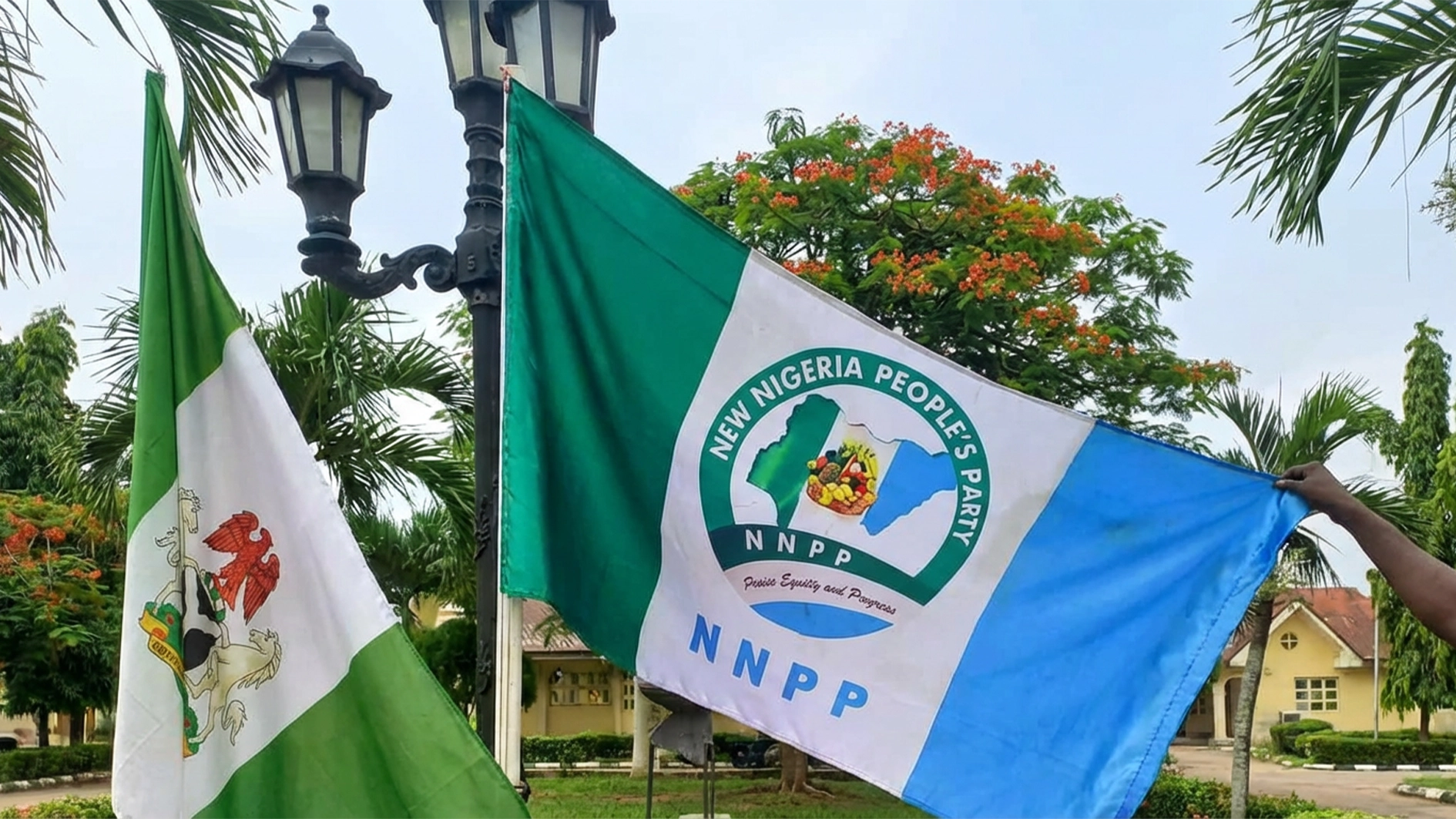The Chairman of the Independent National Electoral Commission (INEC), Professor Joash Ojo Amupitan, SAN, has reaffirmed the Commission’s readiness to conduct a transparent, credible, and peaceful governorship election in Anambra State on Saturday, November 8, 2025.
Amupitan issued a stern warning to political parties, candidates, and voters against vote-buying, stressing that the Commission would not tolerate any form of electoral malpractice.
Speaking at the Anambra Governorship Election Stakeholders’ Meeting held in Awka on Tuesday, the INEC Chairman said the engagement reflected the Commission’s commitment to openness and inclusivity ahead of every major off-cycle election.
He urged political actors to demonstrate maturity, tolerance, and discipline throughout the process, warning that violence, hate speech, and vote-buying would attract severe sanctions.
“Vote-buying undermines democracy and erodes public confidence in the process. We have issued strict directives to all our officials, and any deviation from the Electoral Act or INEC guidelines will attract severe sanctions,” Amupitan said.
He explained that preparations for the election began in 2024 with the publication of the Timetable and Schedule of Activities in line with the Electoral Act 2022. Out of the 13 statutory activities listed, 11 have been completed, leaving only the close of campaigns at midnight on Thursday, November 6, and the election proper on Saturday.
According to him, the final list of candidates and their running mates has been published, with 16 political parties participating. Five of these parties lawfully substituted candidates and deputies in compliance with Section 33 of the Electoral Act.
Amupitan disclosed that 2,802,790 voters had been approved in the final register, following the completion of the Continuous Voter Registration exercise. Of the 168,187 new registrations recorded across the 326 wards, 27,817 invalid entries were removed after biometric screening and data clean-up, leaving 140,370 valid new voters. Additionally, 5,983 voters transferred their registration within the state.
To ensure inclusivity, INEC partnered with TAFAfrica for the deployment of sign language interpreters across polling units to assist 3,456 registered voters with disabilities.
The INEC Chairman revealed that 114 domestic observer groups and 76 media organisations had been accredited, with over 500 journalists expected to cover the election.
He reaffirmed the Commission’s readiness, noting that the Bimodal Voter Accreditation System (BVAS) would be used for voter authentication and electronic transmission of results to the INEC Result Viewing Portal (IReV). A successful mock accreditation, he added, was conducted in 12 polling units across six local government areas to test the system’s reliability.
On logistics, Amupitan said 2,233 buses and 83 boats had been provided through the National Association of Transport Owners (NATO), the National Union of Road Transport Workers (NURTW), and the Maritime Union Workers of Nigeria (MUWN) for the movement of officials and materials.
He added that logistics arrangements had been finalised with transport unions and local electoral officers to ensure polling commenced promptly at 8:30 a.m.
Amupitan commended the 16 political parties contesting in the election for signing the Peace Accord facilitated by the National Peace Committee, describing it as a positive step toward peaceful conduct.
He also praised security agencies for their cooperation and assured the public that adequate measures had been put in place to protect election officials, observers, and voters.
“Let us all say no to violence, no to intimidation, and no to vote-buying. Together, we can strengthen democracy and prove that credible elections are possible in Nigeria,” he said.






